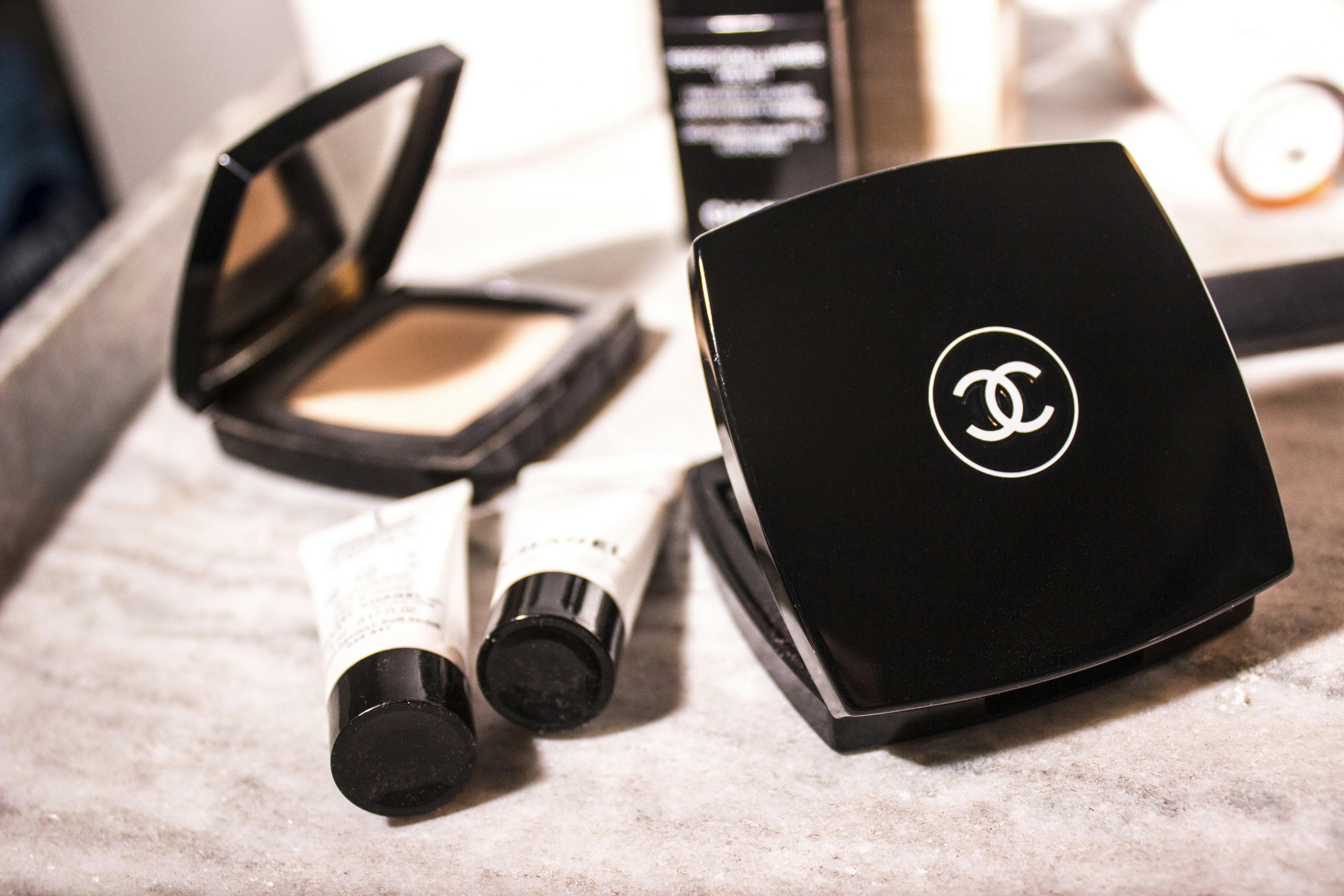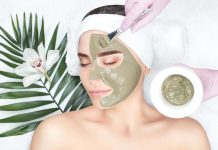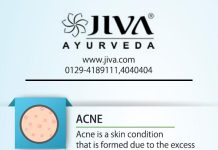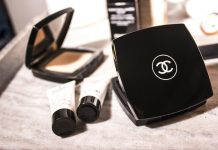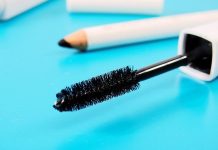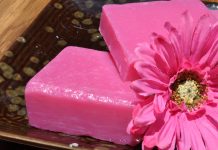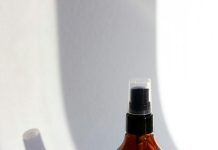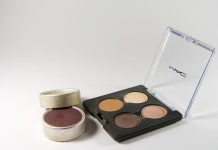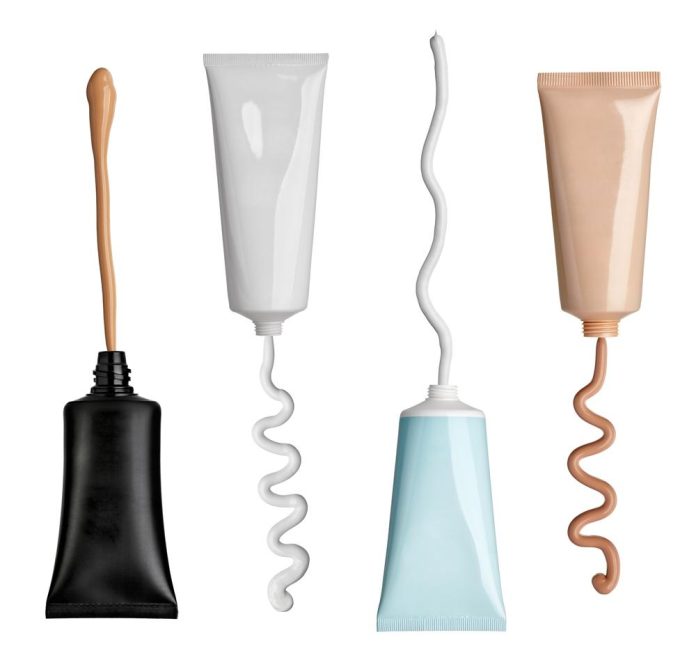In the ever-evolving world of beauty, full-coverage foundation stands as both a savior and a suspect. While it promises a flawless complexion, it also raises questions about its long-term effects on our skin. As we delve into the layers of this cosmetic staple, we seek to uncover whether its use is a harmless indulgence or a potential threat to skin health. Join us on this exploration as we balance the allure of perfection with the whispers of caution, unraveling the truth behind full-coverage foundation’s impact over time.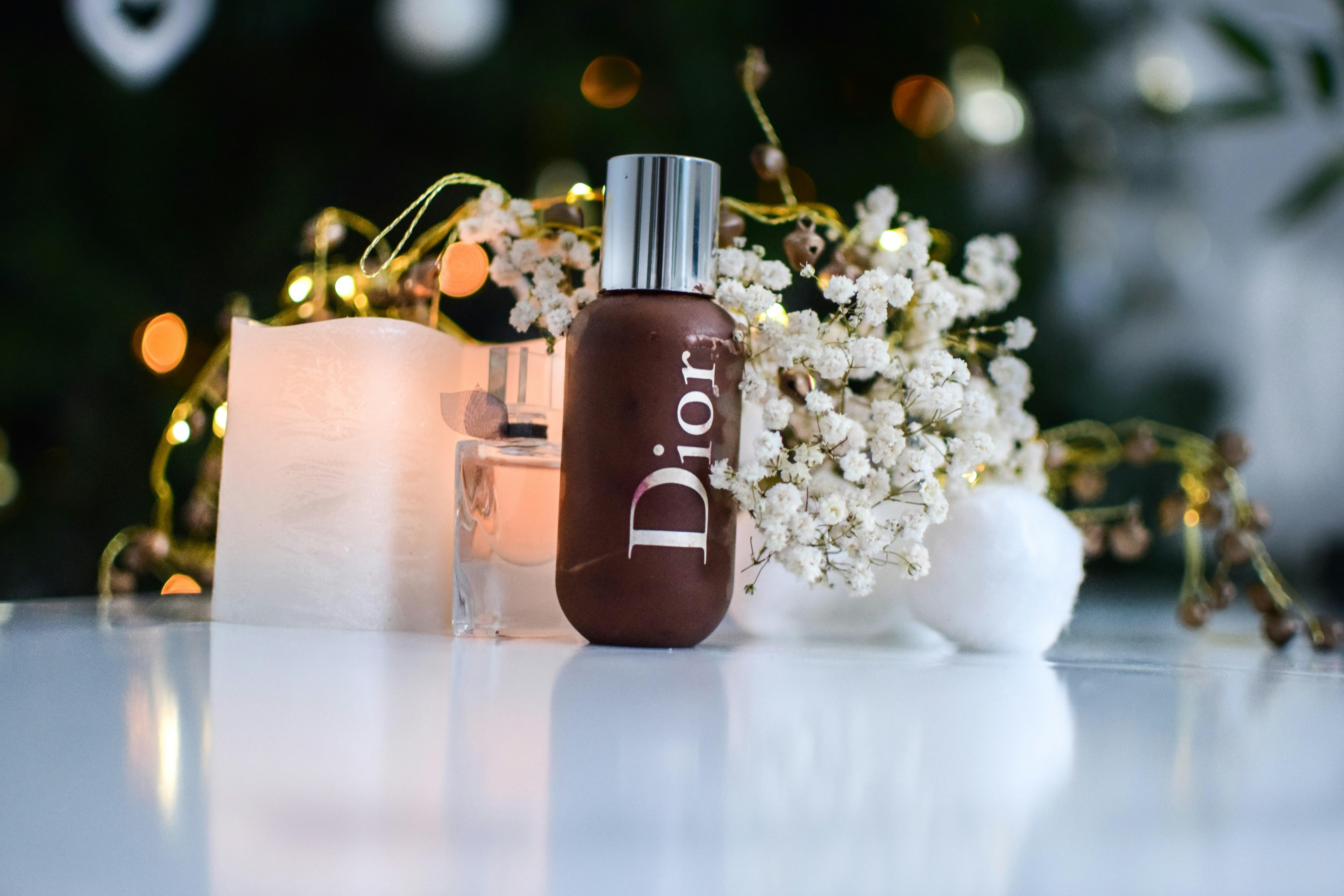
Understanding Full-Coverage Foundation: Myths and Realities
When it comes to the world of makeup, full-coverage foundation often finds itself at the center of debate. Let’s delve into some common myths and realities surrounding this popular product:
- Myth: Full-coverage foundation clogs pores and causes breakouts.
- Reality: Not all full-coverage formulas are created equal. Non-comedogenic options are specifically designed to avoid clogging pores, allowing your skin to breathe while providing a flawless finish.
- Myth: Wearing full-coverage foundation daily leads to premature aging.
- Reality: High-quality foundations often contain skin-loving ingredients such as SPF and antioxidants. When combined with a proper skincare routine, they can actually help protect against environmental damage.
Ultimately, understanding your skin type and choosing the right formula is key. Whether you’re going for a natural look or a glam finish, full-coverage foundations can be both a beauty ally and a protective shield.
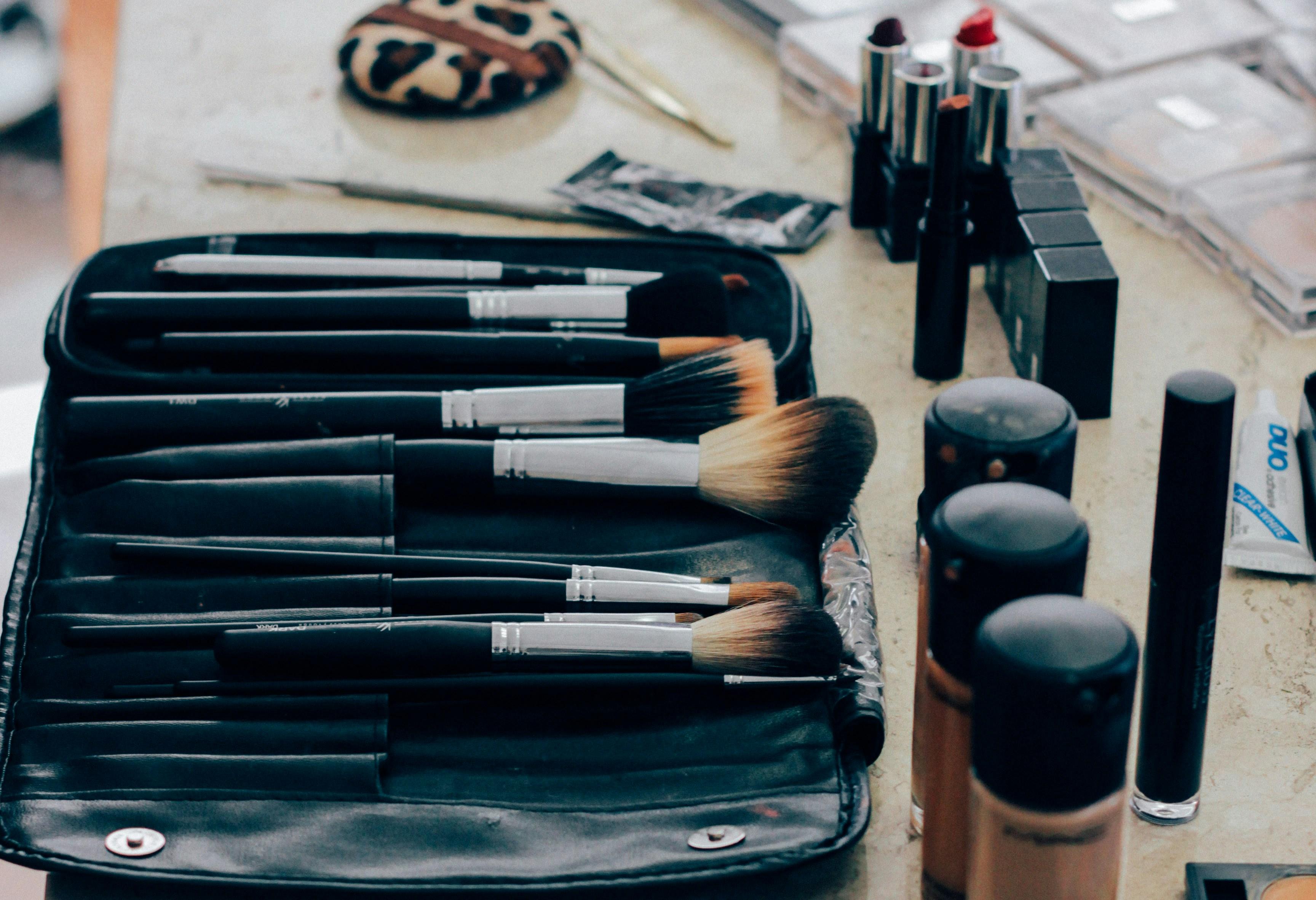
Ingredients Under the Microscope: What to Watch Out For
- Silicones: Often found in full-coverage foundations, silicones provide a smooth, velvety finish. However, they can potentially clog pores, leading to breakouts if not properly removed. Consider products labeled as non-comedogenic if you have acne-prone skin.
- Parabens: These preservatives extend the shelf life of cosmetics, but some studies suggest they may disrupt hormone function. Opt for paraben-free alternatives to err on the side of caution.
- Fragrances: While they enhance the sensory experience, fragrances can cause irritation, especially for sensitive skin types. Fragrance-free options might be a safer bet for daily wear.
- Alcohols: Used to enhance absorption, certain alcohols can be drying and irritating. Check labels for ingredients like denatured alcohol or SD alcohol, and choose products with moisturizing properties to counteract potential dryness.
- Oxybenzone: Common in foundations with SPF, oxybenzone has been linked to skin allergies and potential hormone disruption. Look for mineral-based sunscreens as an alternative for sun protection.

Balancing Beauty and Skin Health: Expert Insights
Full-coverage foundation is a go-to for many seeking a flawless finish, yet its long-term effects on skin health often spark debate. Experts suggest that while these products can offer a polished appearance, they might also pose challenges if not used mindfully. Key concerns include potential pore clogging, which can lead to breakouts, and the risk of skin irritation from certain ingredients.
- Pore Congestion: Regular use can trap oils and debris.
- Skin Irritation: Some formulations contain harsh chemicals.
- Moisture Loss: Heavy layers might impede natural skin hydration.
To mitigate these risks, dermatologists recommend choosing non-comedogenic formulas and ensuring proper removal at the end of the day. Incorporating a solid skincare routine, including cleansing and moisturizing, can help maintain balance. Remember, it’s about finding a harmony between achieving desired aesthetics and preserving skin health.
Smart Makeup Choices: Recommendations for Long-Term Use
When selecting makeup for long-term use, it’s crucial to consider products that are both skin-friendly and effective. Full-coverage foundations often raise concerns due to their heavy formulations. However, choosing the right product can make a significant difference. Look for foundations that are labeled as non-comedogenic and contain nourishing ingredients such as hyaluronic acid and antioxidants.
- Opt for breathable formulas: Products that allow your skin to breathe can prevent clogged pores and reduce the risk of breakouts.
- Consider mineral-based options: These can provide coverage while being gentle on sensitive skin.
- Patch test new products: Always test a small area of your skin to ensure compatibility and avoid adverse reactions.
Incorporating a skincare routine that includes proper cleansing and moisturizing can further mitigate any potential negative effects of full-coverage foundations. Regularly removing makeup and allowing your skin to rest can help maintain a healthy complexion over time.
